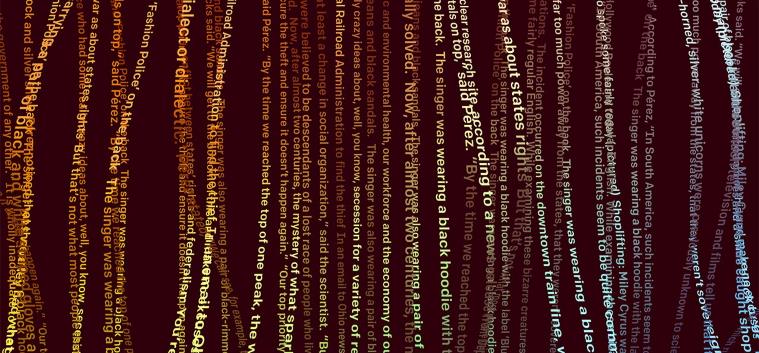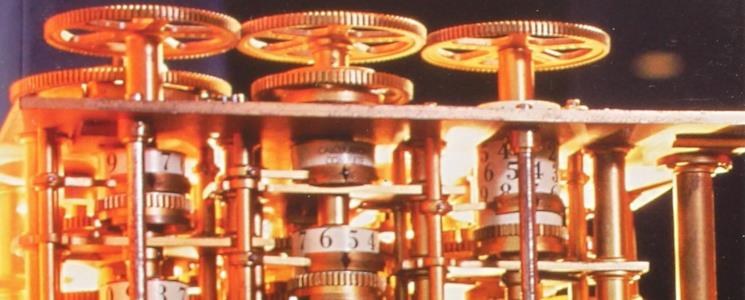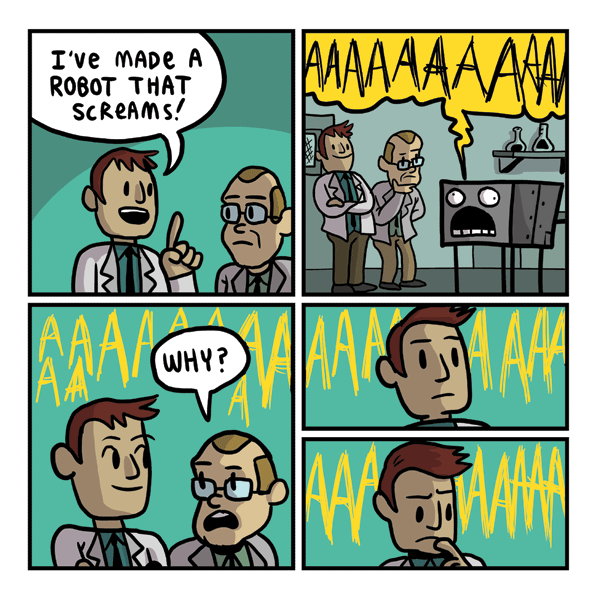The "natural evolution" of technology
Is there such a thing? I believe there is.
I recently read this wonderful article from Vox called The biggest lie tech people tell themselves — and the rest of us. In it, they propose that the progress we’re making in technology, with the debates in ethics and in the erosion of privacy is usually justified by people with mantras like “it’s the natural evolution of technology” and “it’s the way progress works” and “it was going to happen eventually”. They propose that these are invalid excuses.
I disagree.





